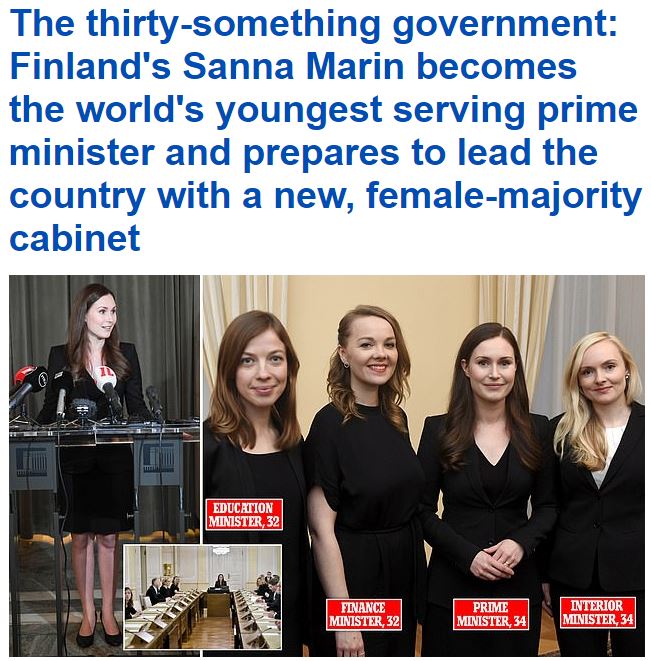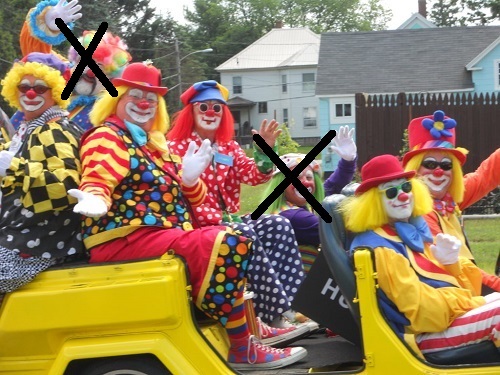What I like most about the gun control movement is how ignorant (not to say dishonest) its proponents are. Cue Joe The Moron:
While attending a private campaign event in Seattle, the former vice president reportedly called for a ban on 9mm pistols.
…
While speaking to attendees of the latter event, Biden claimed that he supports the Second Amendment. The 77-year-old then went on to ask “Why should we allow people to have military-style weapons including pistols with 9mm bullets and can hold 10 or more rounds?”
…
In targeting 9mm pistols, Biden has called for a ban on one of the most popular firearms in America.
…
In its annual report on the U.S. firearms industry, Shooting Industry reported that 9mm caliber pistols are the most commonly produced pistol and have been for many years. In 2017 alone, there were more than 1.7 million 9mm pistols produced in the U.S. Cumulatively there are tens of millions of 9mm pistols in the hands of law-abiding Americans.
…
The 9mm pistol is the choice of the nation’s leading civilian law enforcement agency, the FBI. Moreover, 9mm pistols are used by countless other federal, state, and local civilian law enforcement agencies. Biden alluded to the 9mm handgun’s military applications, but these agencies are not tasked with waging war on the public, but rather defending the public. This defensive application is the same reason that millions of Americans have chosen a 9mm pistol as their self-defense firearm.
So now Clueless Joe wants to ban 9mm pistols, because they are “weapons of war and have no application in civilian life”.
As Longtime Readers know, I have long held the opinion that the 9mm Europellet is a marginal self-defense cartridge, certainly in its full metal jacket variant, less so with a proper expanding bullet — although even that’s a stretch.
But if Gummint (in Biden form) wants to ban the guns which shoot them, allow me to offer this advice (with my favorite pictured):

…or of course my perennial favorite (once again with my recommendation):

Let’s not forget the only 9mm pistol I own (I mean used to own, before that terrible Canoeing Accident On The Brazos):
 (sadly, most are out of stock at the link — I wonder why?)
(sadly, most are out of stock at the link — I wonder why?)
…and there’s always this option, for my ex-military friends (with all the rest):

And of course, because this is Joe Biden, he never thought (or didn’t know) that a jillion cops (along with a few misguided individuals) use this Austro-POS 9mm pistol too:
 (no link because Glock, ugh)
(no link because Glock, ugh)
Now I know the question on the lips of all my Readers will be: “Kim, why did you feature the Kahr 9mm pistols first?”
Simple answer: I like Kahr pistols. I think their action is superior to Glock’s, and their guns sit better in my hand too. Your opinion may vary, as may your choice in 9mm pistols, and that’s perfectly okay.
But as I said earlier:

I think y’all know what to do. And if you already own one (or two, or three, or four…) then you know what to do next:

…or even better:

Have at it. Make Baby Vulcan smile.
















